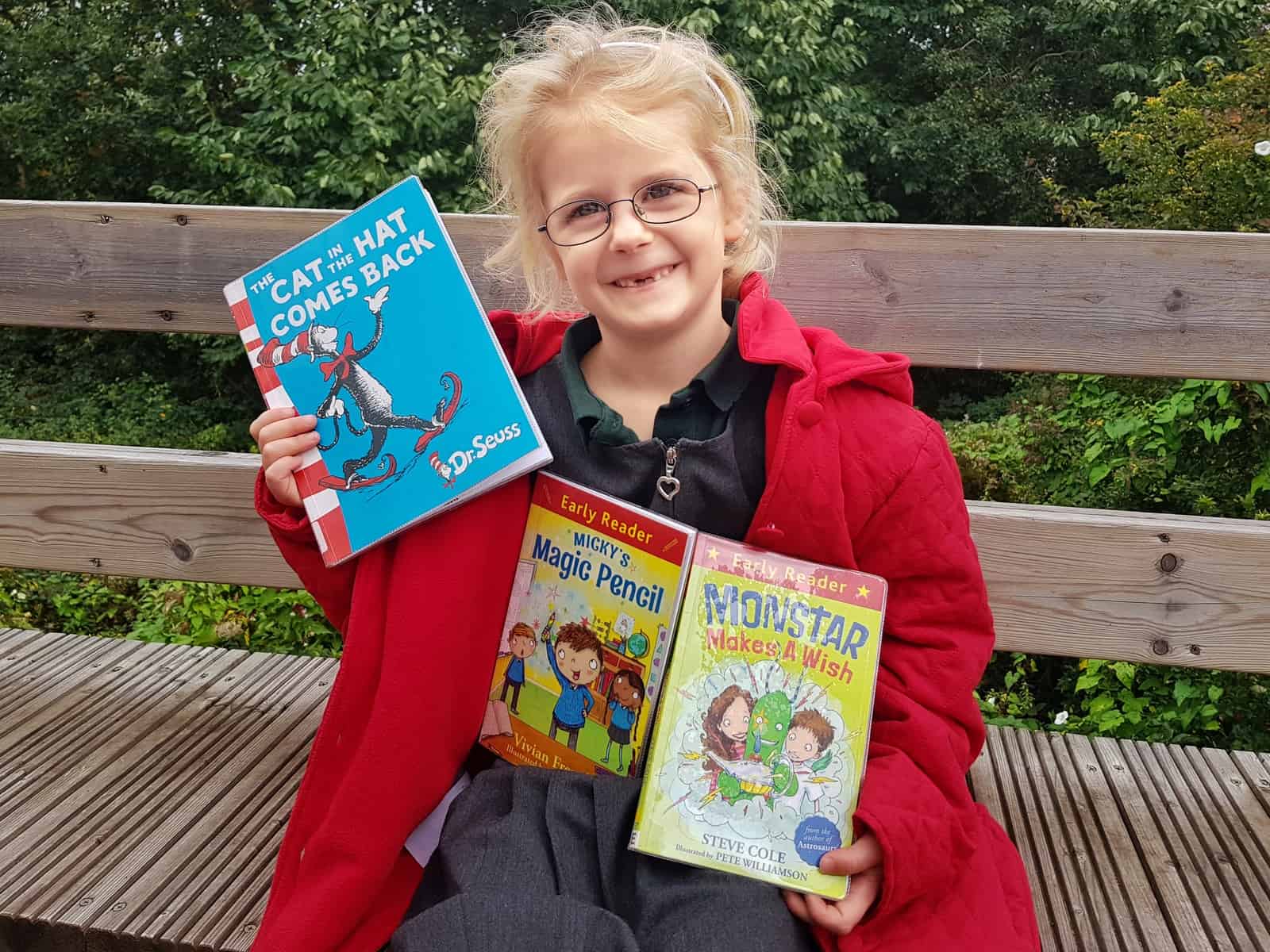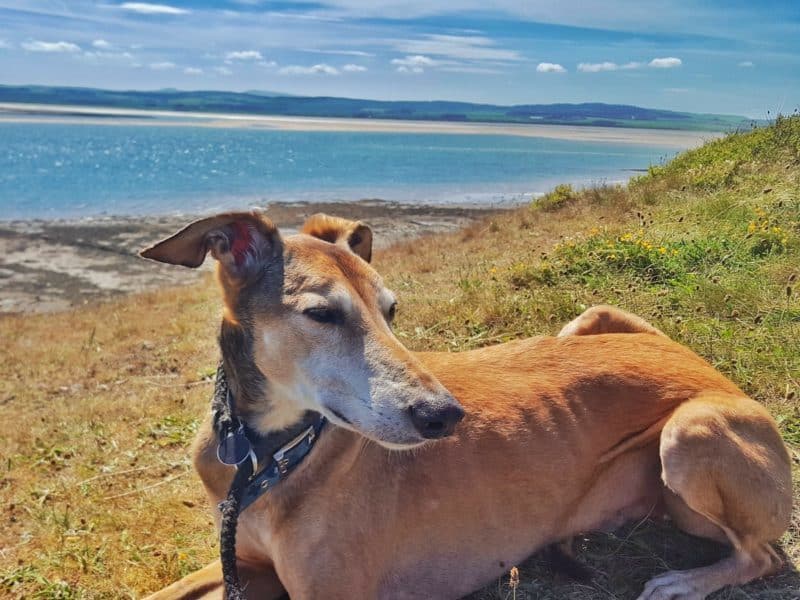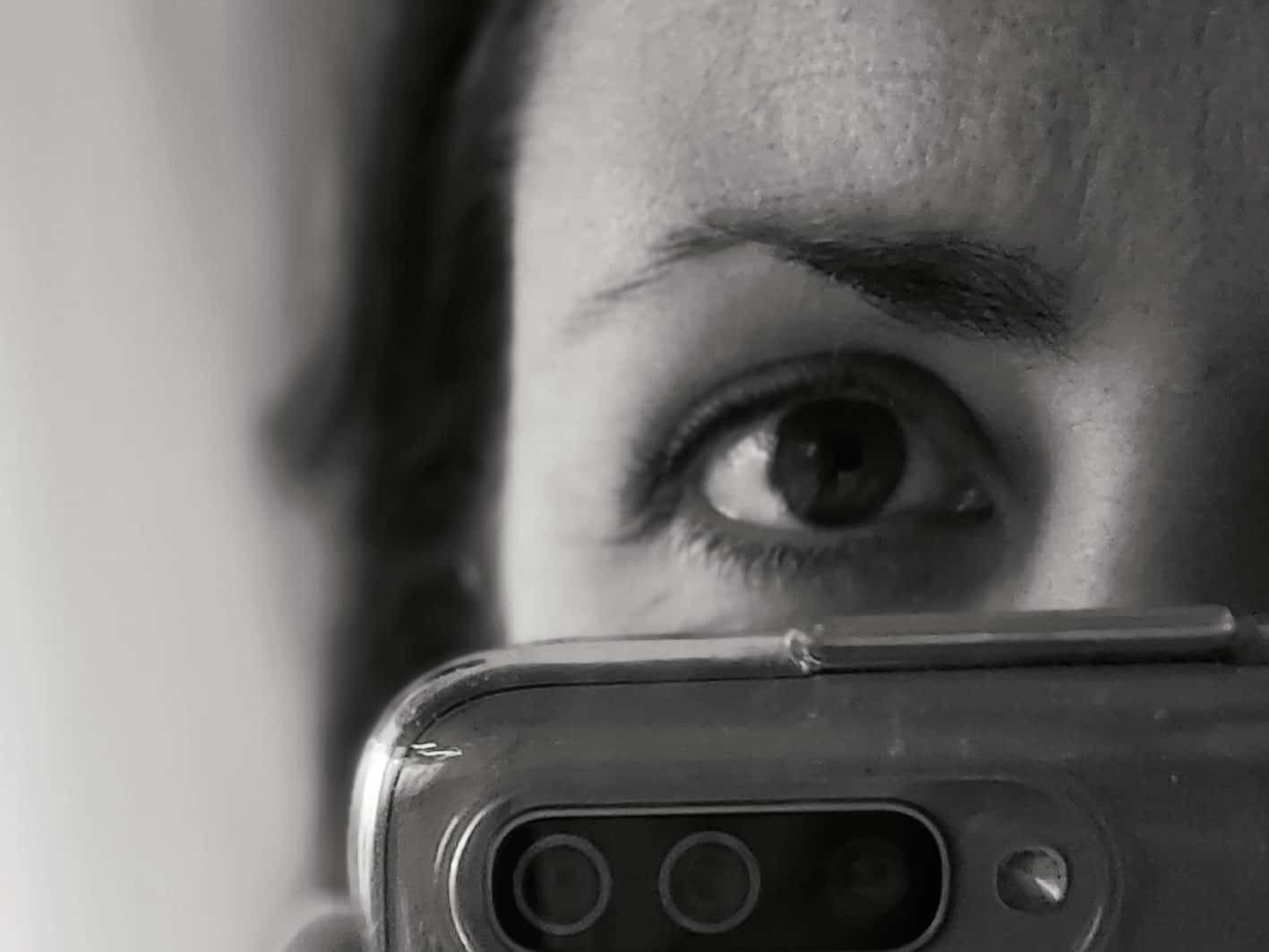How you feel is your decision
One of my most vivid memories of childhood is sitting in the shallow end of a cold, dated swimming pool gazing up at the man on poolside and listening with awe. As swimmers, we were often told about new techniques, training regimes, drills and equipment that would improve our swimming. But our coach was one of those people who took a genuine interest in our lives outside of the pool as well.
Occasionally, he would arrange for someone different to come and talk to us. They might do some coaching or speak about nutrition. But on this occasion, a Danish gentleman by the name of Ron was talking to us about psychology. The idea was that we learnt from him and improved our state of mind in relation to swimming, but right then he was talking generally.
I don’t often admit it but I’ve never been a great listener. I tend to take things on board quite passively. In a classroom environment there’s always paper to doodle on, something to read or someone to talk to whilst I’m listening. The same goes when I’m watching television. I’m always on a phone or laptop or reading a book at the same time. But on this occasion, he had my undivided attention.
How you feel is your decision
Ron caught my attention with that simple phrase. How you feel is your decision. You decide whether to be happy or sad, confident or shy. External factors couldn’t make you feel differently, it was all up to you. Events, other people’s actions and the environment were irrelevant. Well, what a ridiculous thing to say. We all looked at each other in disbelief at the nonsense he was coming out with.
Of course external factors influence the way you feel. Other people’s words and actions could definitely hurt you, and surely after a swimming race you’d be happier if you’d won than lost. Then someone asked the ultimate question. What about bereavement? If somebody close to you died, you’d be sad. There was no other option. And Ron agreed, everybody is sad when somebody close to them dies. But at that time, you choose to be sad. It’s important to let ourselves grieve and we make a conscious decision to do so. And when we’re ready, we choose to move on. That could be weeks, months or years later because sadness and grief is the way we need to feel and the way we choose to feel.
But in everyday life, it’s down to us to decide how to react to external factors. A few days ago I wrote about why I won’t be crying at the school gates, and why I choose to be positive instead. I had a few negative reactions to this post from parents who felt they had every reason to be sad about their children going to school. And I don’t doubt them, life isn’t all roses – sometimes we need to be self-indulgent and mope. I’ve even written about why embracing positivity isn’t for me.
How Ron has influenced my adult life
I’ve never forgotten that day in the swimming pool. Every time I’m faced with a challenge, I remember Ron. I’ve always wanted to do a skydive but if I’m honest I have a terrible fear of falling. So when I had the opportunity to throw myself out of the plane, I took a deep breath and chose to enjoy it. Times have been difficult here over the last few years and I’ve spent my fair share of time moping. But when it’s time to snap out of it, I choose to do so.
I know that this attitude to life means that I sometimes come across as lacking in empathy. But I do empathise with people’s situations, I just wish everybody could realise the influence they have over their own feelings. I now know that Ron’s theory is a bit simplistic. Depression, hormonal imbalances and mental illness can remove people’s ability to choose how they feel. I don’t underestimate those conditions at all, and I often wonder what Ron would say about how such illnesses fit into his thinking.

Today is my eldest daughter’s first day of school. I have so many aspirations for her. I want her to be surrounded by amazing people and presented with fantastic opportunities that I know she will grasp with both hands. And I hope one day she meets someone who empowers her to face the challenges life throws at her and remember that her feelings are within her control. I hope that she – and all the other children starting school today – will one day meet their Ron.






![Things to consider when remodelling a kitchen [AD]](https://plutoniumsox.com/wp-content/uploads/2020/01/20200120_181851-01-scaled.jpeg)